New cell phone policy proves unpopular
According to AMSA policy, students need to store their cell phones in lockers all day. They can’t be in the classroom without express permission.
MARLBOROUGH–AMSA students are exasperated by the change in the school’s cell phone policy, requiring them to keep their phones off and in their lockers throughout the day.
“It’s pointless,” Junior Sanjana Rao said.
The policy according to the 2014-2015 Student-Parent Handbook stated: “Cell phones may be stored in the student’s locked locker and must be turned off during the school day. Cell phones may be carried by students but must be out of sight and turned off” (emphasis added).
According to Director of Accountability Sara Snow, Dr. MaryAnn DeMello, who served as AMSA’s interim executive director during the last school year, added the last line.
The last line was formally removed this fall, which is what has many students frustrated.
“There’s a concern that [cell phones] can be distracting [in the classroom],” explained AMSA’s first-year principal, Dr. Michael Curry.
Administrators have stressed, however, that cell phones can still be used in the classroom at a teacher’s discretion and with administrative approval.
The AMSA Board of Trustees decided to amend the policy after receiving input from AMSA staff and administrators. The modification became official on Oct. 28.
In actual practice, the change may be on paper only–at least as far as many students are concerned.
“I don’t think there is a single person who actually complies with the policy,” sophomore Abby Lopresti said. “The phrase ‘off and in your locker’ has become a school-wide joke, and people have their ‘calculators’ with them all day.”
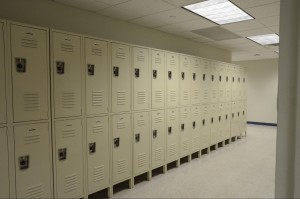
Despite student fears, not a single theft from school lockers has been reported.
Dr. Curry clarified that the thinking behind the change went beyond the issue of distraction, saying that students carrying cell phones have the ability to use them as “hotspots,” allowing them to connect to the Internet using cellular data.
“Classic admin,” senior Jaedyn Lee said.
Jaedyn expressed the frustration of many students, who have seen so many administrators come and go over the years that policies seem to change overnight, without much explanation.
Students have another concern beyond capricious policy decisions: the hypothetical safety of their expensive electronics.
“Before we weren’t allowed to use our phones, there were stolen cases,” claimed junior Quinn Wadas. “Lockers are so much easier to break into now.”
The fear is widespread, but according to Student Affairs Coordinator Mike Nawrocki, there have been zero claims of theft by students in the past three years and no lockers have been broken into since the school installed doors with built-in locks in September.
Carrying phones in their backpacks, students claim, gives them a sense of security. Having their phones in their possession (stored and turned off) also provides them easy accessibility to their device for use in the classroom.
“Cell phones can be a useful piece of technology in the classroom,” science teacher Christina Jagielski said.
While cell phones can be beneficial, students also already have online access through computer labs and school-owned devices such as laptops and tablet computers.
Most students and some teachers view the new policy as cumbersome, since the use of cell phones in the classroom must be cleared in advance by department heads and an administrator. Students also would have to retrieve and return their phones in the brief time between class periods.
“I’m for a policy that helps to maintain a productive classroom and school environment,” Dr. Curry said. “If it’s not working, we need to think about what we [might] need to change.”

Kassie Peloso is a sophomore who aspires to express herself through her writing. As a freshman, Kassie wasted no time in creative writing, where she first...

Coretta is a senior and is in her second year writing for The AMSA Voice. Last year she served as the photo editor, and this year finds her as co-editor,...

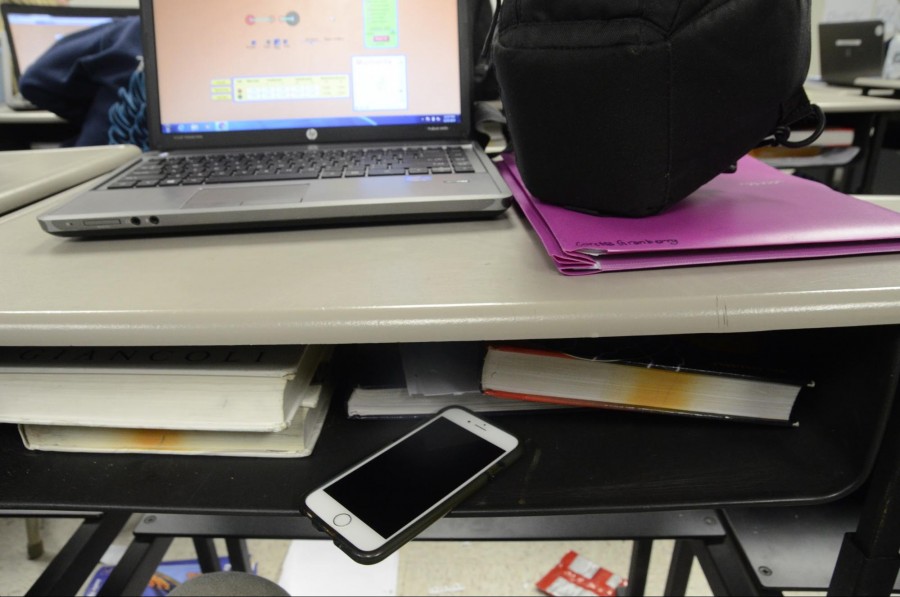
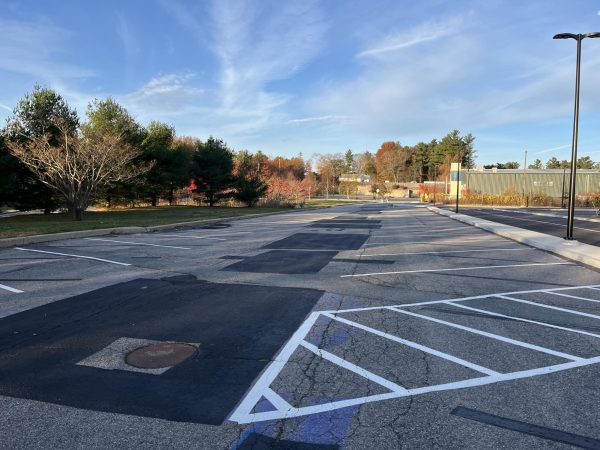

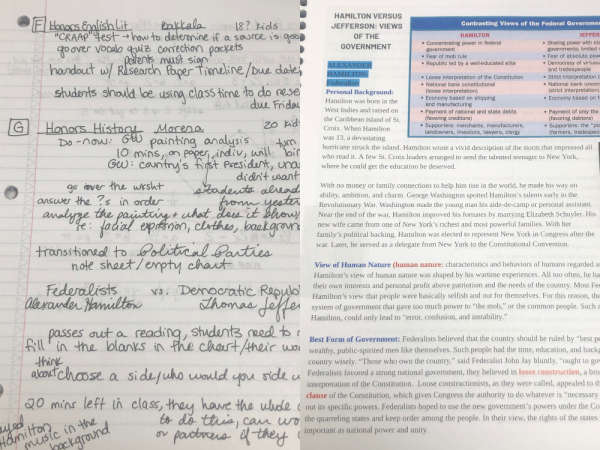
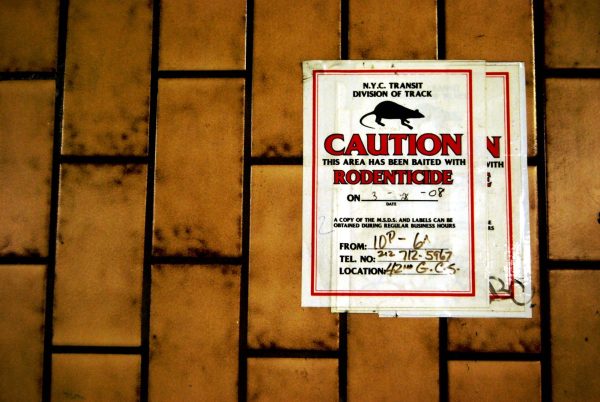

Alfred E. Williams • Jan 4, 2016 at 7:31 pm
Thanks for the response, Kassie. I want to clarify, however, that I am not trying to make a special case for the students who live far from AMSA. The policy itself needs to be re-examined with some intelligence rather than a simple-minded knee-jerk solution. I submit that more than five minutes of thought would come up with a better one. In the past, I came to expect better from AMSA.
It’s a personal rule of mine not to shovel snow from my driveway into my neighbor’s. To put it less metaphorically, AMSA is making their problem mine through policies of this kind (I have other examples, by the way.) To reiterate, I do understand that cell phone use during the school day can pose a problem — so AMSA should solve it intelligently! If the school is incapable of coming up with a better solution, I volunteer as Cell Phone Czar. My solution would not be perfect, But I can guarantee it would be at least thought out.
Alfred E. Williams • Dec 18, 2015 at 8:54 pm
Parent here. You’re absolutely correct that the policy is unpopular, and not just with students. We obtained a cell phone for our son with the intent of being able to reach him when we need to, or when he needs to reach us. We live a long way away from AMSA, and both parents work. If our son’s circumstances change — if, for example, he needs to not come home with his carpool — our ability to re-plan our day and respond correspondingly instantaneously simply does not exist.
I’ll stipulate that cell phone use — even texting — can be distracting in the classroom. When cases of abuse occur, I have no objection to the phone being confiscated until the end of the day. The present policy is, however, a silly overreaction. What is the harm, for example, of allowing the use of cell phones between classes or during the lunch period? If it makes a student tardy for the next class, there are already penalties for that infraction.
“All or nothing” is a false dilemma, a logical flaw that doesn’t allow for middle ground that may represent the best answer. It is highly disappointing that the BoT and AMSA staff are incapable of or unwilling to think through issues better than they demonstrate with policies like this.
Kassie Peloso • Dec 20, 2015 at 2:45 pm
I agree that living far from AMSA is difficult and it is a potential reason to address and maybe consider adjusting the phone policy to allow for better communication between students and their parents at appropraite times.